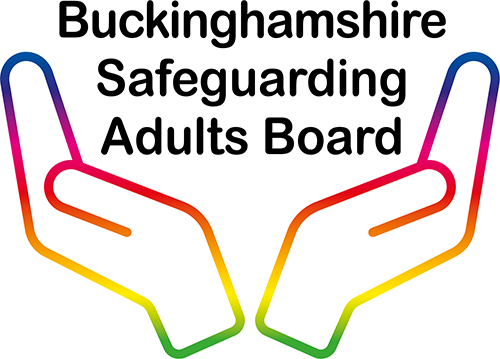Female Genital Mutilation
What is Female Genital Mutliation?
 Female Genital Mutilation (FGM) comprises of all procedures involving the partial or total removal of the external female genitalia or any other injury to the female genital organs for non-medical reasons.
Female Genital Mutilation (FGM) comprises of all procedures involving the partial or total removal of the external female genitalia or any other injury to the female genital organs for non-medical reasons.
FGM has been categorised into four types, ranging from a symbolic prick to the clitoris or prepuce, to the fairly extensive removal and narrowing of the vaginal opening. All these forms of FGM have been found in the UK.
FGM is sometimes known as ‘female genital cutting’ or female circumcision. Communities tend to use local names for referring to this practice, including ‘sunna’.
FGM is considered a grave violation of the rights of girls and women.
- Type 1 (clitoridectomy) – removing part or all of the clitoris.
- Type 2 (excision) – removing part or all of the clitoris and the inner labia (lips that surround the vagina), with or without removal of the labia majora (larger outer lips).
- Type 3 (infibulation) – narrowing of the vaginal opening by creating a seal, formed by cutting and repositioning the labia.
- Other harmful procedures to the female genitals, including pricking, piercing, cutting, scraping or burning the area.
FGM is often performed by traditional circumcisers or cutters who do not have any medical training. However, in some countries it may be done by a medical professional.
There are no health benefits to FGM and it can cause serious harm, including:
- constant pain
- pain and/or difficulty having sex
- repeated infections, which can lead to infertility
- bleeding, cysts and abscesses
- problems passing urine or incontinence
- depression, flashbacks and self-harm
- problems during labour and childbirth, which can be life-threatening for mother and baby
Some girls die from blood loss or infection as a direct result of the procedure.
Help is available if you’ve had FGM or you’re worried that you or someone you know is at risk.
- If someone is in immediate danger, contact the police immediately by dialling 999.
- If you’re concerned that someone may be at risk, contact the NSPCC helpline on 0800 028 3550 or fgmhelp@nspcc.org.uk.
- If you’re under pressure to have FGM performed on your daughter, ask your GP, health visitor or other healthcare professional for help, or contact the NSPCC helpline.
- If you’ve had FGM, you can get help from a specialist NHS gynaecologist or FGM service – ask your GP, midwife or any other healthcare professional about services in your area.
- Download a list of NHS FGM clinics.
If you’re a health professional caring for a patient under 18 who has undergone FGM, you have professional responsibilities to safeguard and protect her.
Guidance and resources about FGM for healthcare staff are available on the GOV.UK website.
